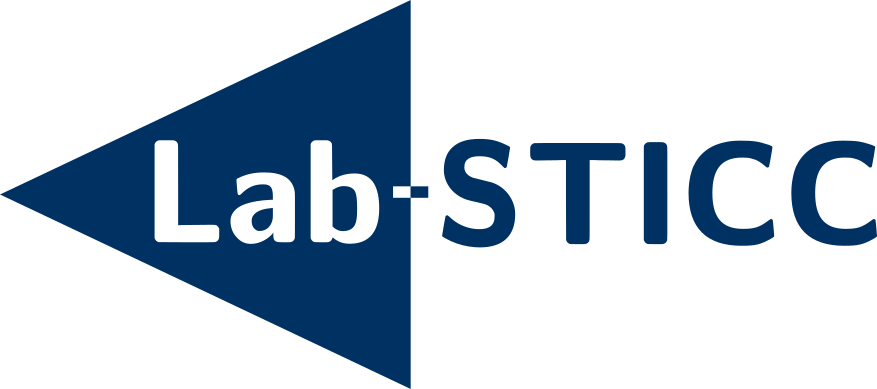A Study on Improving Attention Redirection in Complex Systems Using Augmented Reality Cues
Résumé
Attentional tunneling, a phenomenon where operators focus excessively on one task or channel of information while neglecting others, poses significant risks in critical, multitasking environments such as aviation, nuclear power, and cybersecurity. This study explores the use of Augmented Reality (AR) to mitigate attentional tunneling and enhance task performance by redirecting attention effectively across multiple visual cues. A user experiment involving eighteen participants was conducted to evaluate the effectiveness of two types of AR cues-Minimap and Line-compared to a control condition with no AR assistance. Participants performed a series of tasks using a head-mounted display (HMD) while interacting with a touchscreen in a simulated environment. Results show that both AR cues significantly reduced missed alerts and decreased cognitive workload, with the Line cue proving slightly more effective in reducing response time to peripheral alerts. The findings suggest that AR-based interventions can improve attention management and task performance in complex systems by countering the effects of attentional tunneling. This study highlights the potential of AR technology to enhance operational safety and efficiency in high-stakes environments.
Domaines
Informatique [cs]| Origine | Fichiers produits par l'(les) auteur(s) |
|---|

